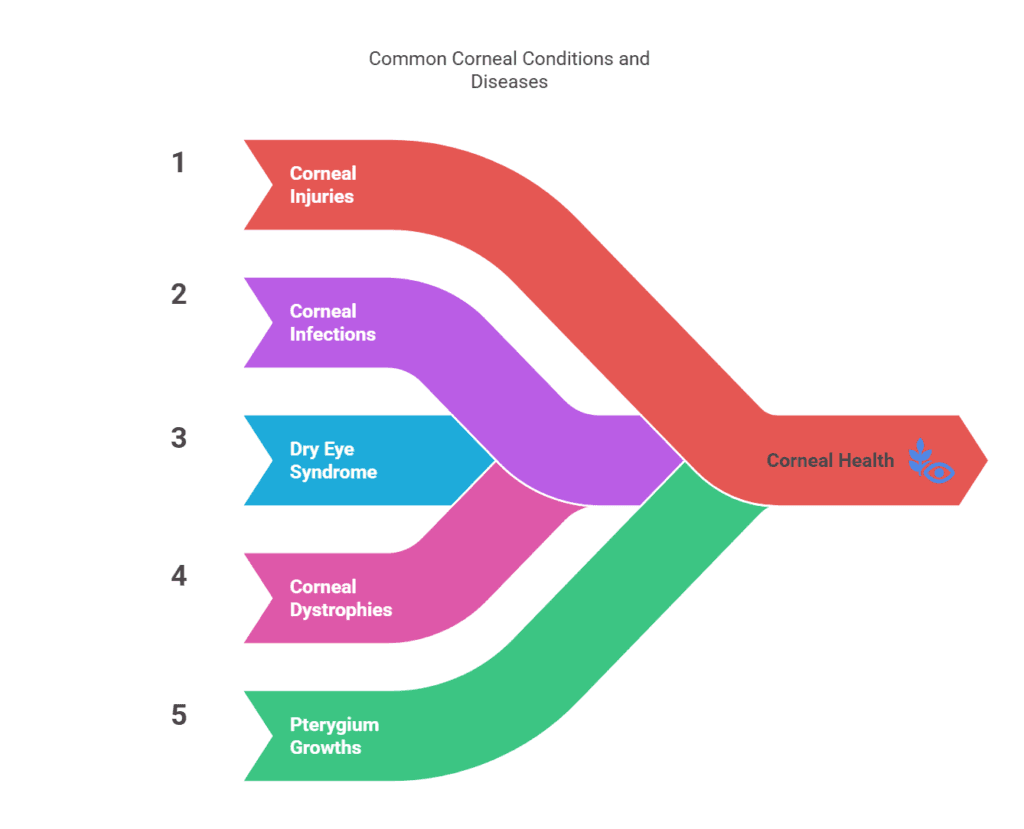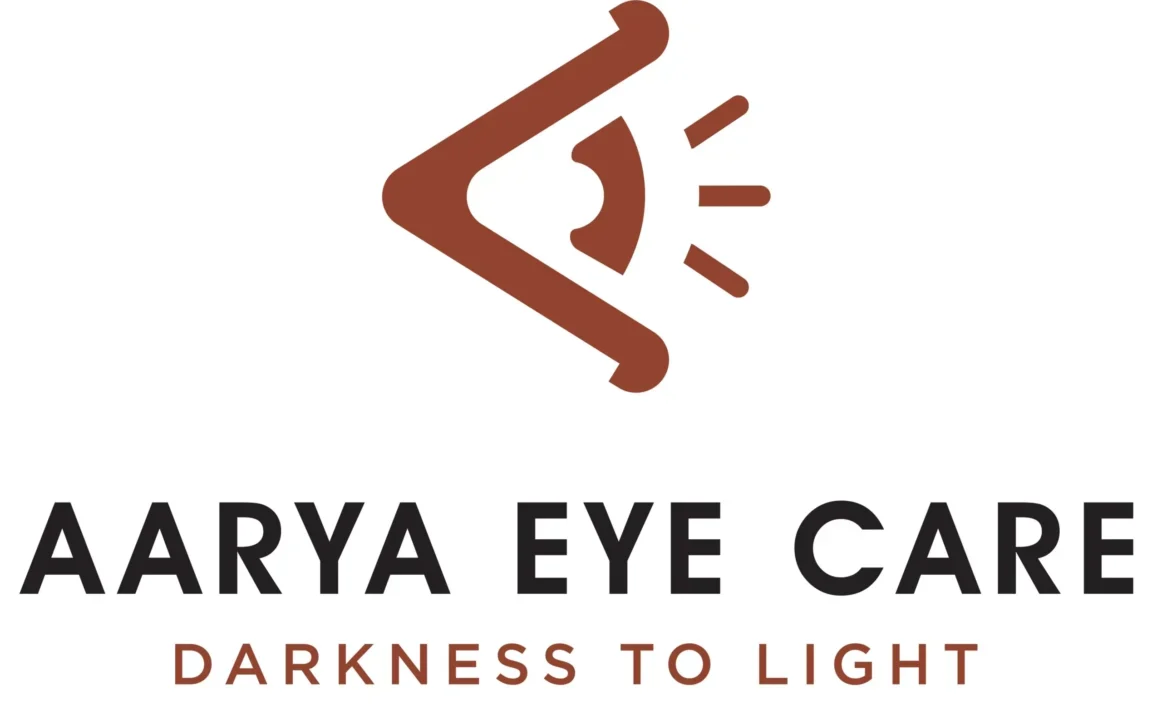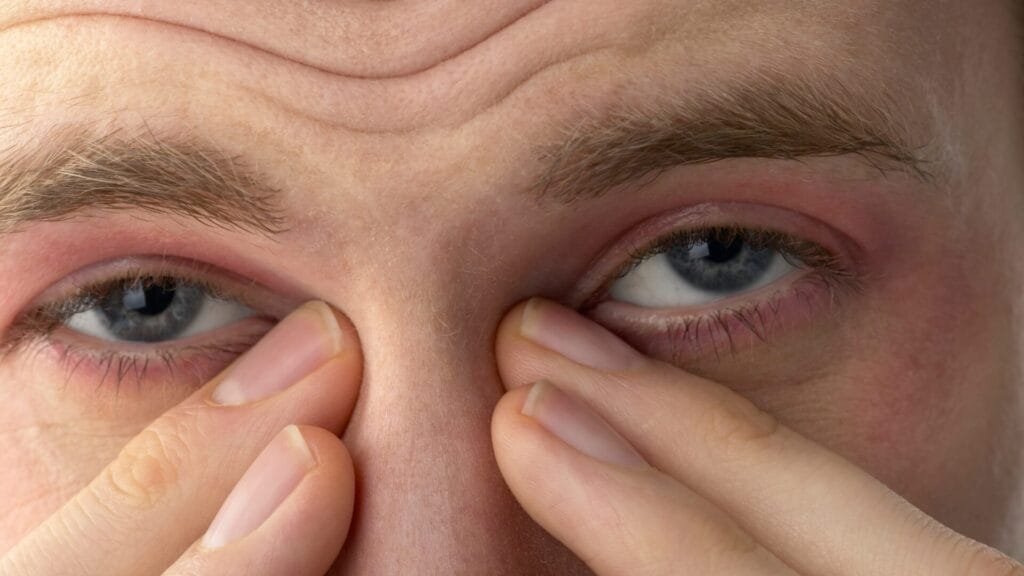The Complete Guide to Corneal Health: Conditions, Treatments, and Care Tips
The cornea plays a pivotal role in maintaining clear vision by refracting light as it enters the eye, directing it toward the retina for optimal focus. This transparent, dome-shaped structure also acts as a protective barrier, safeguarding the inner eye from dust, and harmful UV lights. Various corneal conditions can affect vision, including keratitis (inflammation due to infection), corneal dystrophies (hereditary disorders causing vision impairment), and traumatic injuries that can lead to scarring. This Guide for Corneal Health explores these conditions and emphasizes the importance of prioritizing corneal health to maintain clear and functional eyesight.
Corneal Anatomy: Understanding the Layers of the Cornea
- Epithelium: The outermost layer of the cornea, serving as a barrier against dust, bacteria, and other harmful elements while also facilitating oxygen and nutrient absorption from tears.
- Bowman’s Layer: A transparent, acellular layer beneath the epithelium that provides structural integrity and helps protect the cornea from injuries.
- Stroma: The thickest layer of the cornea, composed primarily of collagen fibers, ensuring corneal strength, transparency, and flexibility for proper light refraction.
- Pre-Descemet’s Layer: A thin yet strong layer between the stroma and Descemet’s membrane, contributing to corneal stability and resilience.
- Descemet’s Membrane: A thin but durable basement membrane that supports the endothelium and regenerates over time, maintaining corneal structure.
- Endothelium: The innermost layer responsible for regulating fluid balance, preventing corneal swelling and maintaining transparency for optimal vision.
Each of these cornea layers plays a crucial role in preserving corneal function, ensuring clear vision, and protecting the eye from external damage.
Common Corneal Conditions and Diseases

Corneal Injuries
Corneal injuries occur due to trauma, foreign objects, or scratches on the corneal surface. These can lead to pain, excessive tearing, and light sensitivity. Minor injuries often heal naturally, while severe cases may require medication and protective eyewear to prevent further damage.
Corneal Infections (Keratitis, Corneal Ulcers)
Corneal infections, such as keratitis and corneal ulcers, can result from bacterial, viral, or fungal pathogens. Symptoms include redness, eye discharge, and potential vision loss if untreated. Treatment typically involves antibiotic or antifungal eye drops to control the infection and prevent complications.
Dry Eye Syndrome and Corneal Health
Dry eye syndrome occurs when tear production is insufficient due to gland dysfunction or prolonged screen exposure. Symptoms include itching, burning, and discomfort. Treatment involves artificial tears, lifestyle adjustments, and managing environmental factors to maintain corneal hydration.
Corneal Dystrophies (Keratoconus, Fuchs' Dystrophy)
Genetic corneal dystrophies like keratoconus and Fuchs’ dystrophy affect corneal transparency and shape, leading to blurred vision. Treatment options range from specialized lenses and corneal cross-linking to surgical interventions, depending on severity.
Pterygium and Corneal Growths
Pterygium, a non-cancerous corneal growth, develops due to UV exposure and environmental irritants. It can cause irritation and vision disturbances. Treatment options include lubricating eye drops for mild cases or minor surgical removal for more advanced growths.
Symptoms of Corneal Diseases: When to Seek Medical Attention
- Blurred or Cloudy Vision: A common sign of corneal disorders, indicating issues like scarring, infections, or dystrophies that affect light refraction and visual clarity.
- Eye Pain and Discomfort: Persistent pain, a foreign body sensation, or sharp discomfort may signal corneal injuries, infections, or inflammation that require immediate care.
- Redness and Irritation: Chronic redness or irritation can be a symptom of keratitis, dry eye syndrome, or other corneal conditions needing prompt evaluation.
- Light Sensitivity: Increased sensitivity to light (photophobia) often accompanies corneal diseases, making it difficult to tolerate bright environments.
Diagnostic Methods for Corneal Conditions
- Visual Acuity Tests: Assess clarity of vision and detect any impairment caused by corneal conditions.
- Slit-Lamp Examination: A detailed microscopic evaluation of the cornea to identify abnormalities, infections, or injuries.
- Corneal Topography & Tomography: Advanced imaging techniques that map the corneal surface and assess structural integrity.
- Keratometry for Corneal Curvature Measurement: Measures corneal curvature to diagnose conditions like keratoconus and astigmatism.
These corneal diagnostics methods enable precise evaluation, ensuring accurate diagnosis and effective treatment planning.
Corneal Treatments: Medications, Laser Therapy, and Surgery
- Antibiotic & Antifungal Eye Drops: These medications help combat bacterial and fungal infections that can affect the cornea, preventing further complications and preserving vision.
- Anti-Inflammatory Medications: Used to reduce swelling and discomfort, these treatments are essential for managing conditions like keratitis and autoimmune corneal diseases.
- Artificial Tears for Dry Eye Relief: Lubricating eye drops help maintain moisture, relieve irritation, and improve comfort for those with dry eyes syndrome or corneal surface disorders.
By addressing eye disorders, infections, inflammation, and dryness, these treatments play a crucial role in maintaining corneal health and preventing vision complications.
Advanced Corneal Treatments
- Laser Therapy (PTK – Phototherapeutic Keratectomy): A precise laser eye surgery used to treat corneal surface irregularities, scars, and opacities. PTK removes damaged corneal tissue, improving vision and reducing discomfort in conditions such as recurrent erosions and corneal dystrophies.
- Corneal Transplants (Keratoplasty) – Full vs. Partial Transplant: When corneal damage is severe, a keratoplasty procedure may be performed. Full-thickness transplants (Penetrating Keratoplasty – PK) replace the entire cornea, while partial transplants (DALK, DSEK, or DMEK) target specific corneal layers, preserving healthy tissue for faster recovery and reduced rejection risk.
- Artificial Cornea (Keratoprosthesis): In cases where a traditional corneal transplant is not viable, a keratoprosthesis (KPro) may be used. This advanced prosthetic cornea restores vision in patients with severe corneal diseases, scarring, or previous graft failures.
These advanced treatments provide effective solutions for restoring vision and enhancing corneal health in complex cases.
Preventive Eye Care: How to Maintain Corneal Health
- Protective Eyewear: Wearing safety glasses or UV-protective sunglasses is crucial for shielding the cornea from injury, harmful radiation, and environmental hazards, especially during sports or hazardous work.
- Proper Contact Lens Hygiene: Cleaning, disinfecting, and replacing contact lenses as recommended in preventing infections and irritation, ensuring long-term corneal health.
- Regular Eye Check-ups: Routine examinations with experienced eye specialists help detect early signs of corneal conditions, enabling timely treatment and prevention of complications.
- Hydration & Nutrition: A well-balanced diet rich in omega-3 fatty acids, vitamins A and C, and adequate hydration supports optimal tear production and maintains corneal clarity.
Following these essential eye health tips can significantly reduce the risk of corneal disorders and promote lifelong vision wellness.
Why Aarya Eye Care is the Best Eye Hospital in Thrissur, Kerala
Aarya Eye Care is the premier eye hospital in Thrissur, Kerala, renowned for its highly experienced doctors and corneal specialists dedicated to delivering exceptional eye care. We offer expert ophthalmologist consultations, advanced diagnostics, transformative treatments, and precision-driven surgical interventions with outstanding success rates. Our Corneal Health Guide emphasizes the importance of specialist care in preserving vision and preventing corneal conditions.
Our patient-centric approach ensures personalized treatment plans for the unique needs of each patient, delivering the highest standard of care. Beyond medical excellence, we are committed to compassionate support, guiding patients through every step of their journey with dedicated post-surgical follow-ups. Book a consultation today and experience world-class eye care designed to protect and restore your vision with the utmost care and expertise.
Conclusion
The cornea plays an essential role in vision, protecting the eye while ensuring clear and precise focus. Maintaining corneal health is vital for preventing vision impairment and preserving overall eye function. If you experience symptoms such as persistent discomfort, blurred vision, or sensitivity to light, seeking timely medical attention is crucial. Early diagnosis and treatment can prevent complications and safeguard your eyesight.
This Guide for Corneal Health emphasizes the importance of proactive eye care and expert medical intervention. At Aarya Eye Care, our expert specialists are dedicated to providing advanced diagnostics, personalized treatments, and compassionate care. Prioritizing regular eye check-ups and following essential eye care tips is key to detecting and managing corneal conditions early. Book a consultation today and take the first step toward lifelong vision health.








